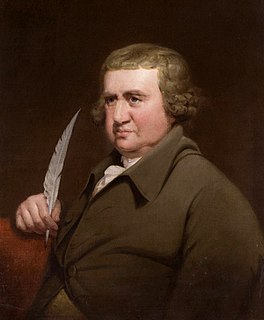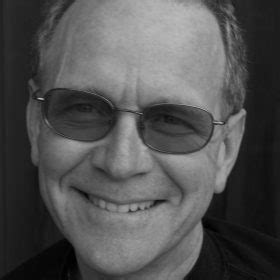A Quote by Marcus Tullius Cicero
If I am mistaken in my opinion that the human soul is immortal, I willingly err; nor would I have this pleasant error extorted from me; and if, as some minute philosophers suppose, death should deprive me of my being, I need not fear the raillery of those pretended philosophers when they are no more.
Related Quotes
I think one reason is that philosophers are more insecure to speak accessibly because non-philosophers are skeptical that philosophers have any special expertise. After all, all people - not just philosophers - have attitudes and points of view on various philosophical questions, and they rather resent being told that there are professionals who can think about these things better.
In regard to the philosophers, if they be true philosophers, i.e., lovers of truth, they should not be irritated that the earth moves. Rather, if they realize that they have held a false belief, they should thank those have shown them the truth; and if their opinion stands firm that the earth doesn't move, they will have reason to boast than be angered.
Some philosophers have been of opinion that our immortal part acquires during this life certain habits of action or of sentiment, which become forever indissoluble, continuing after death in a future state of existence ... I would apply this ingenious idea to the generation, or production of the embryon, or new animal, which partakes so much of the form and propensities of the parent.
I shall no doubt be blamed by certain scientists, and, I am afraid, by some philosophers, for having taken serious account of the alleged facts which are investigated by Psychical Researchers. I am wholly impenitent about this. The scientists in question seem to me to confuse the Author of Nature with the Editor of Nature; or at any rate to suppose that there can be no productions of the former which would not be accepted for publication by the latter. And I see no reason to believe this.
The peculiar evil of silencing the expression of an opinion is, that it is robbing the human race; posterity as well as the existing generation; those who dissent from the opinion, still more than those who hold it. If the opinion is right, they are deprived of the opportunity of exchanging error for truth: if wrong, they lose, what is almost as great a benefit, the clearer perception and livelier impression of truth, produced by its collision with error.
The great philosophers of the 17th and 18th centuries did not think that epistemological questions floated free of questions about how the mind works. Those philosophers took a stand on all sorts of questions which nowadays we would classify as questions of psychology, and their views about psychological questions shaped their views about epistemology, as well they should have.
There is a sort of myth of History that philosophers have.... History for philosophers is some sort of great, vast continuity in which the freedom of individuals and economic or social determinations come and get entangled. When someone lays a finger on one of those great themes--continuity, the effective exercise of human liberty, how individual liberty is articulated with social determinations--when someone touches one of these three myths, these good people start crying out that History is being raped or murdered.
It seems to me that it was well said by Madama Serenissima, and insisted on by your reverence, that the Holy Scripture cannot err, and that the decrees therein contained are absolutely true and inviolable. But I should have in your place added that, though Scripture cannot err, its expounders and interpreters are liable to err in many ways; and one error in particular would be most grave and most frequent, if we always stopped short at the literal signification of the words.









































